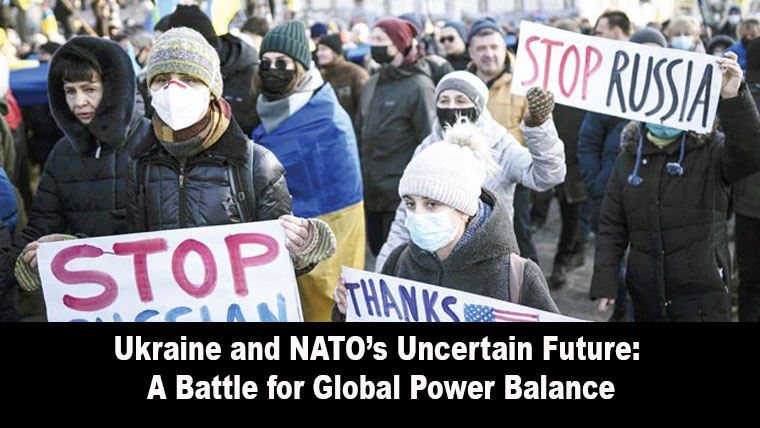Last week, I wrote a column titled “Successor to Imran Khan!” — merely a political analysis. Yet, it created unnecessary uproar. Analysts, YouTubers, and political commentators interpreted it in their own ways. My intention was simple: to reflect on Pakistan’s political succession and its effects.
For months, I have observed how PTI’s workers and social media activists have shown unusual unity when it comes to future leadership. This concern grew stronger after Imran Khan’s arrest and transfer to Attock Jail. I had conveyed then that wisdom and reconciliation with the establishment were essential, otherwise, the party would be headed for a dead end.
Looking at history, we must compare how leaders dealt with crises. In 2000, Nawaz Sharif chose an agreement to save his life, spent seven years in exile, and returned in 2007 to a grand welcome. For years afterward, he remained the political center of gravity, especially in Punjab. On the other hand, Zulfikar Ali Bhutto refused compromise, was executed, and with his death, much of PPP’s political strength died as well.
Benazir Bhutto, upon inheriting leadership, opted for deals. She too received historic welcomes but always through reconciliation with those who had opposed her father. My opinion remains: had Bhutto saved his life and returned later, PPP might still have been Pakistan’s largest party today.
History shows that succession in politics is not about family ties alone but about where workers place their trust. In 2018, when PML-N workers were asked who their leader would be in Nawaz Sharif’s absence, the answer was not Shahbaz Sharif but Maryam Nawaz. Without an official title, seat, or office, she still became the natural successor because the party’s base chose her. Similarly, after General Zia-ul-Haq’s death, his loyalists aligned with Nawaz Sharif, not with Zia’s own son. Even in Bhutto’s case, the mantle went to Benazir, not Murtaza.
This is the same lens through which I view PTI today. I had previously raised concerns about the sacrifices of senior leaders like Mahmood-ur-Rasheed, Yasmin Rashid, Ejaz Chaudhry, and others being ignored by PTI’s social media activists. Yet, the undeniable fact remains: PTI workers now rally around Aleema Khan.
Whether she has a deep interest in politics or not is secondary. What matters is that if Imran Khan remains imprisoned or politically sidelined, Aleema Khan will become the focal point of PTI’s politics. For two years, she has received media exposure, space to express a tough narrative, and the trust of workers. Under such circumstances, it is natural that she is now viewed as the successor.
If Imran Khan returns to politics with full force, succession debates will dissolve. He will retain ownership of his political capital. But if fate denies him that chance, it is not unthinkable that in the coming years Prime Minister Aleema Khan could become a reality. In politics, especially in Pakistan, the impossible often becomes possible.



